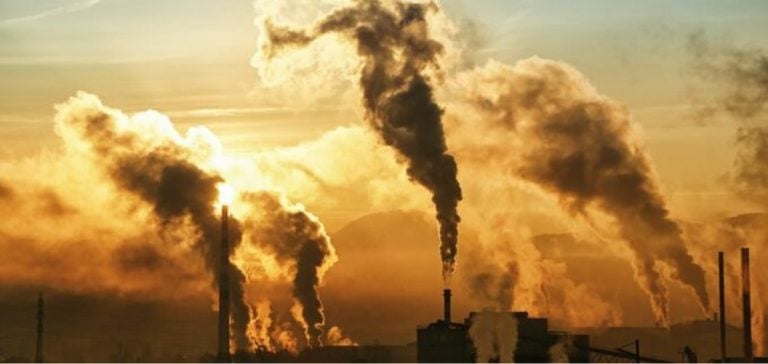The decarbonization targets adopted by banks are coming under increasing criticism, particularly from non-governmental organizations.
A recent report by the NGO Reclaim Finance highlights the ineffectiveness of these targets, pointing out that only two of the thirteen types of target set by the Net Zero Banking Alliance (NZBA) banks are likely to generate significant emissions reductions.
This situation raises crucial questions about the responsibility of financial institutions in the fight against climate change, and the need to reassess their commitments.
Reclaim Finance analyzed the sectoral targets of the NZBA’s thirty largest member banks.
The NGO concludes that the majority of targets adopted are not only complex, but also opaque, making it difficult to establish a direct link between the targets set and the companies’ actual emissions reductions.
Patrick McCully, energy transition analyst at Reclaim Finance, stresses that “banks need to make it clear to their customers that they will lose access to finance if they don’t get their house in order”.
This statement highlights the need for a more rigorous approach by banks to align their financing with concrete climate objectives.
A critical analysis of decarbonization targets
The Reclaim Finance report highlights the fact that the targets adopted by banks are often based on financial metrics that are not directly linked to greenhouse gas emissions.
This approach raises concerns about the banks’ true intention to contribute to decarbonization.
Indeed, the complexity and confusion surrounding these targets can mask the absence of concrete action.
The NGO is therefore calling on banks to review their commitments and adopt clearer, more ambitious targets.
Among French banks, Banque Populaire Caisse d’Épargne (BPCE) is particularly criticized for its targets, which are deemed unambitious, especially in the oil and gas sector.
The report states that BPCE has no targets for reducing its credit exposure in this sector, raising questions about its commitment to decarbonization.
In addition, Crédit Agricole is also singled out for its excessive use of funded emissions metrics, which the report says are of little use in the real world.
Implications for the banking sector
Reclaim Finance’s criticism has significant implications for the banking sector.
As key players in financing the economy, banks have a crucial role to play in the energy transition.
By adopting more effective decarbonization targets, they can not only contribute to the fight against climate change, but also strengthen their market position by meeting the growing sustainability expectations of investors and consumers.
Regulators are also called upon to step in and set stricter standards for decarbonization targets.
A more robust approach to assessing these targets in banks’ transition plans could encourage them to adopt more ambitious and transparent strategies.
It could also foster healthy competition between financial institutions, encouraging them to innovate and develop sustainable financing solutions.
Towards greater transparency and accountability
The need for greater transparency and accountability in banks’ decarbonization commitments is more pressing than ever.
Financial institutions must be held to account for their progress in reducing emissions, and for the real impact of their financing.
This requires close collaboration between banks, regulators and NGOs to establish clear and measurable criteria.
In sum, the Reclaim Finance report highlights significant gaps in the decarbonization targets adopted by banks.
The need for a reassessment of these commitments is crucial to ensure that the financial sector plays an active and effective role in the transition to a decarbonized economy.
Banks must not only review their targets, but also commit to financing practices that genuinely promote emissions reduction and long-term sustainability.





















